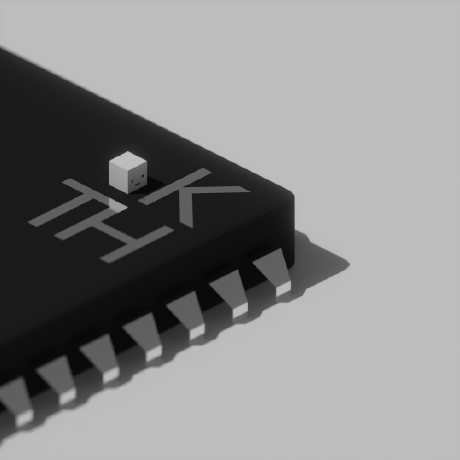

I’ve got a Deck, and for me it’s my primary gaming platform cuz I’ve not been able to get my PC to my Uni. It’s also much easier to pick up and put down which helps a lot with busy schedules.


I’ve got a Deck, and for me it’s my primary gaming platform cuz I’ve not been able to get my PC to my Uni. It’s also much easier to pick up and put down which helps a lot with busy schedules.


'tis how LLM chatbots work. LLMs by design are autocomplete on steroids, so they can predict what the next word should be in a sequence. If you give it something like:
Here is a conversation between the user and a chatbot. <insert description of chatbot>
<insert chat history here>
User: <insert user message here>
Chatbot:
Then it’ll fill in a sentence to best fit that prompt, much like a creative writing exercise
Containers, the concept that Docker implements, lets app developers give a self-contained environment for distribution. For devs that means consistency in deployments across environments, which in turn means sysadmins can deploy each of these apps as fully isolated units.
With that, you get really clean installs/updates/uninstalls, and your deployments get done with a well-defined, declarative definition file which can also handle multi service dependencies (a la Docker Compose/K8s)


I find it funny it didn’t point out Active Directory


They did engage in buying out studios to make their games exclusive to their platform. One prominent example was Rocket League, they bought Psyonix and made them discontinue macOS and Linux support, along with delisting the game on Steam


std::attack_helicopter::AttackHelicopter::new() cool!

From a maintainability standpoint, absolutely. Computers have gotten fast enough to let programmers optimize for developer time instead
Hi-fi Rush is really good if you’re into rhythm action, Call of Juarez is one I’m trying now and it feels nice to play